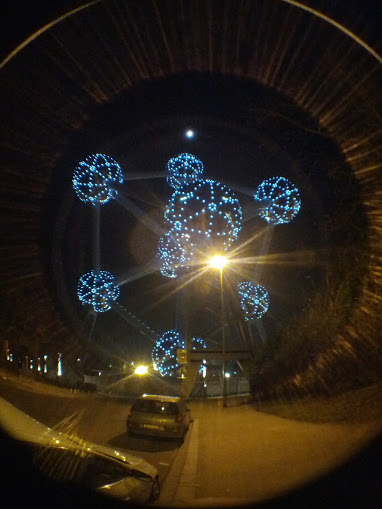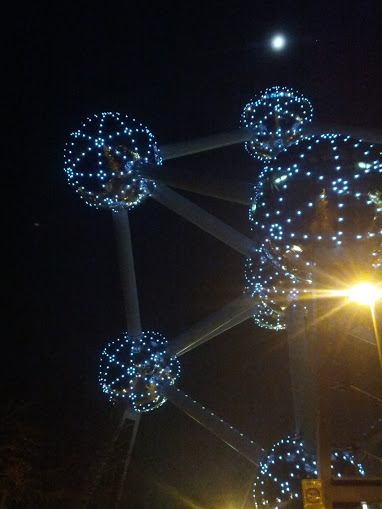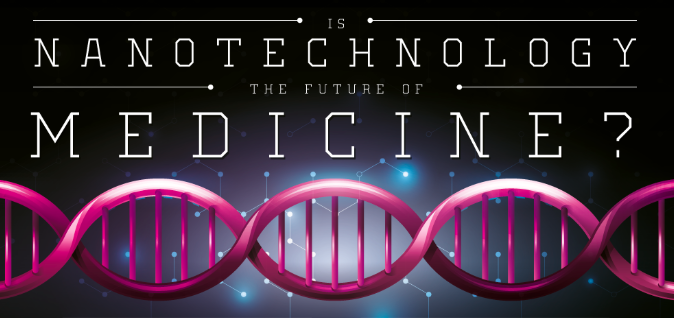aNewDomain.net — The Atomium here in Brussels is something to see, alright. I just happened to be there and shot this pic — check out the full moon above the structure. The night lit up. Fitting scene for a structure created back in the 1950s to honor the power and the impact of the atom and atomic science.


Image credits for this piece: Richard Hay for aNewDomain.net
In the 1950s, nuclear energy and weapons seized pop culture and imaginations everwhere. Even comic books characters got exposed to radiation or found themselves imbued with radioactive superpowers.
Stop, drop, and roll. McCarthyism. B-52 Bombers. The Soviet Nuclear Threat. The Hydrogen bomb test on Bikini Island, which makes me wonder, frankly, what Bikini Island has ever done to anyone to deserve such treatment.
When it designers built the Atomium, it was before disasters like Three Mile Island and Chernobyl. Before Fukushima. And movies like China Syndrome weren’t even on the possibility spectrum.
Fast-forward 50 years and we’ve got CERN and other physicists focusing on quarks and revealing the Biggs-Hoson particle via the Hadron Collider.
But back in the 195os, regular old protons, neutrons and electrons were exciting enough to inspire young scientists — and a few jokes.
A neutron walks into a bar. “How much for a shot of tequila?” asks the neutron.
“For you?” responds the bartender. “No charge.”
I like this one, too.
Two atoms are walking down the street. One says to the other, “I think I lost an electron.” The other asks: “Are you sure?” The first says, “Well, yeah. I’m positive!”
Enough with the sophomoric nuclear humor. The main point of this missive from Brussels isn’t just that I had a break from my typical goings on at my job at Google in Silicon Valley.
I want to ponder the Atomium. It is fascinating — that architectural homage to the atom erected here in Brussels really got to me. The arching beams and metaphorically bonded particles are more inspiring at night under a full moon, though.

Makes you think. The Ancient Greeks and their beliefs mirror that culture’s overarching and predominantly secular search for the cause of everything.
These weren’t theologians seeking divine principles or causes. In the fifth century BC, the Greek philosopher Democritus simply surmised that we are all made of particles — atoms. And he was right.
It wasn’t about the gods. It wasn’t about who smote who. It was about just atoms, atom randomly flying about and colliding with one another, creating random events.
Why do good people perish before their time while some truly terrible people live long healthy lives? Democritus might say — atoms. I would add — random atoms.
Atoms are all you’ll ever be.
And, because a bus might strike your particular collection of atoms as you cross a street tomorrow, I’m with the Ancient Greeks of the Epicurean tradition who’d advise you to live well.
Crazy atoms.
For aNewDomain.net, I’m Richard Hay. And yes, I composed this entire thing using Chrome Pixel.
Disclosure: Richard Hay is science editor for aNewDomain.net and an engineer at Google. The views expressed in this column are his alone and don’t represent those of the independent journalistic site, anewdomain.net. Though we like atom jokes, too. -ed.












